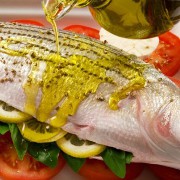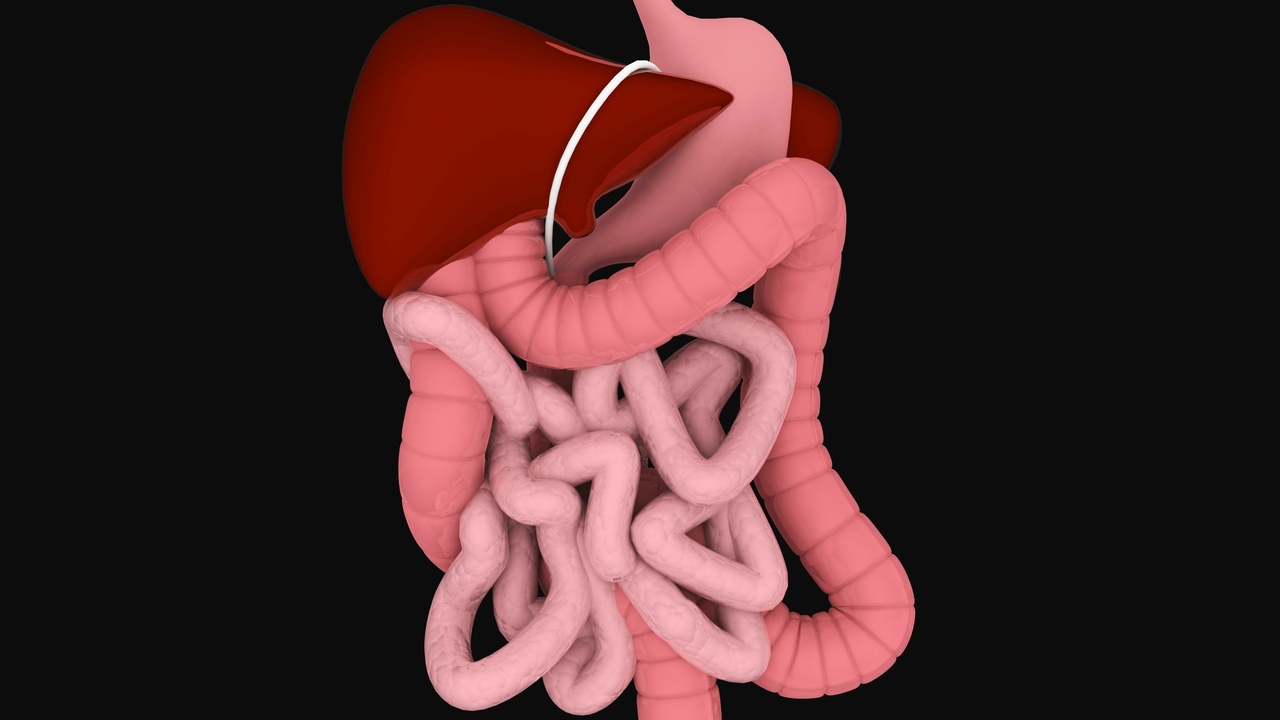 Photo: Getty Images
Photo: Getty Images
Inflammation usually occurs when the body creates a response to a foreign substance or infection. In certain autoimmune diseases, like rheumatoid arthritis, the body is creating an inappropriate immune response causing damage to your own body tissues, like the joints and surrounding cartilage and tendons. What happens during this inflammatory process and is there anything we can do to decrease inflammation?
Certain enzymes in our bodies, COX-1 and COX-2, mediate inflammation. COX -1 is responsible for lining our stomachs while COX-2 is more directly associated with the inflammatory process. Both enzymes convert acids to prostaglandins, which is the cause of pain and inflammation; that is why non-steroidal anti-inflammatory drugs (NSAIDs) like Aleve and Motrin work by inhibiting prostaglandin synthesis. By decreasing prostaglandins in the body, we are decreasing pain and inflammation. The downside of these NSAIDs is that, as mentioned before, reducing the COX-1 enzyme breaks down the protective barrier in our stomach walls, which is why gastric ulcers (stomach ulcers) are commonly found in those with long-term NSAID usage.
Some foods may trigger flare-ups after eating. Certain foods contain chemicals that spark the inflammatory process in the gut and should be avoided, or at least minimized. Such foods include processed lunchmeats, hot dogs, sausages, and fast foods, all of which typically contain nitrates (chemicals associated with inflammation). Saturated fats are also on this list. High-fat dairy, fatty meats, and eggs all contain pro-inflammatory triggers. Try minimizing these products or choosing low-fat alternatives. Unfortunately sugars are also on the naughty list. One option may be to try and stick with naturally sweet foods, like fruits, honey, and raw sugars for sweetening. High-sugar foods have been associated with sparking inflammation and yeast production in the gut, which yet again, leads to pain and inflammation.
So let's talk about some guilt-free foods we can enjoy. Anti-inflammatory foods have been well received by patients with rheumatoid arthritis to help decrease inflammation and decrease pain and stiffness in the joints. Diets rich in fruits and vegetables, low fat meats, fish, and gluten-free grains are all on the "yes" list. The RA diet should include plenty of omega-3’s (found naturally in fish, or taken by a supplement), raw extra virgin olive oil (which contains the good monounsaturated fat and actually helps prevent against inflammation), and foods rich in antioxidants (like vitamin C, selenium, carotenes, and bioflavonoids). Antioxidants help right against free radicals that are constantly occurring in inflammatory conditions like RA.
It turns out, food can be our friend as much as it can be our enemy. Start slow and make the right anti-inflammatory decisions one meal at a time.
Claire is a twenty-four year old nursing student interested in women’s health and wellness. She is currently living in Tempe, AZ with her dog Bella.






Add a CommentComments
There are no comments yet. Be the first one and get the conversation started!